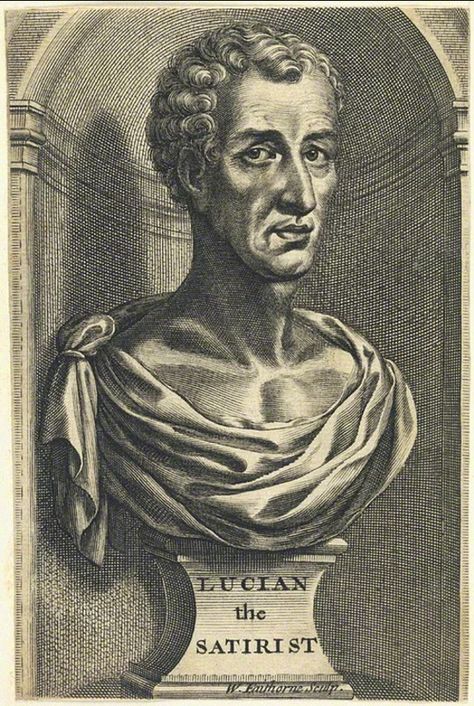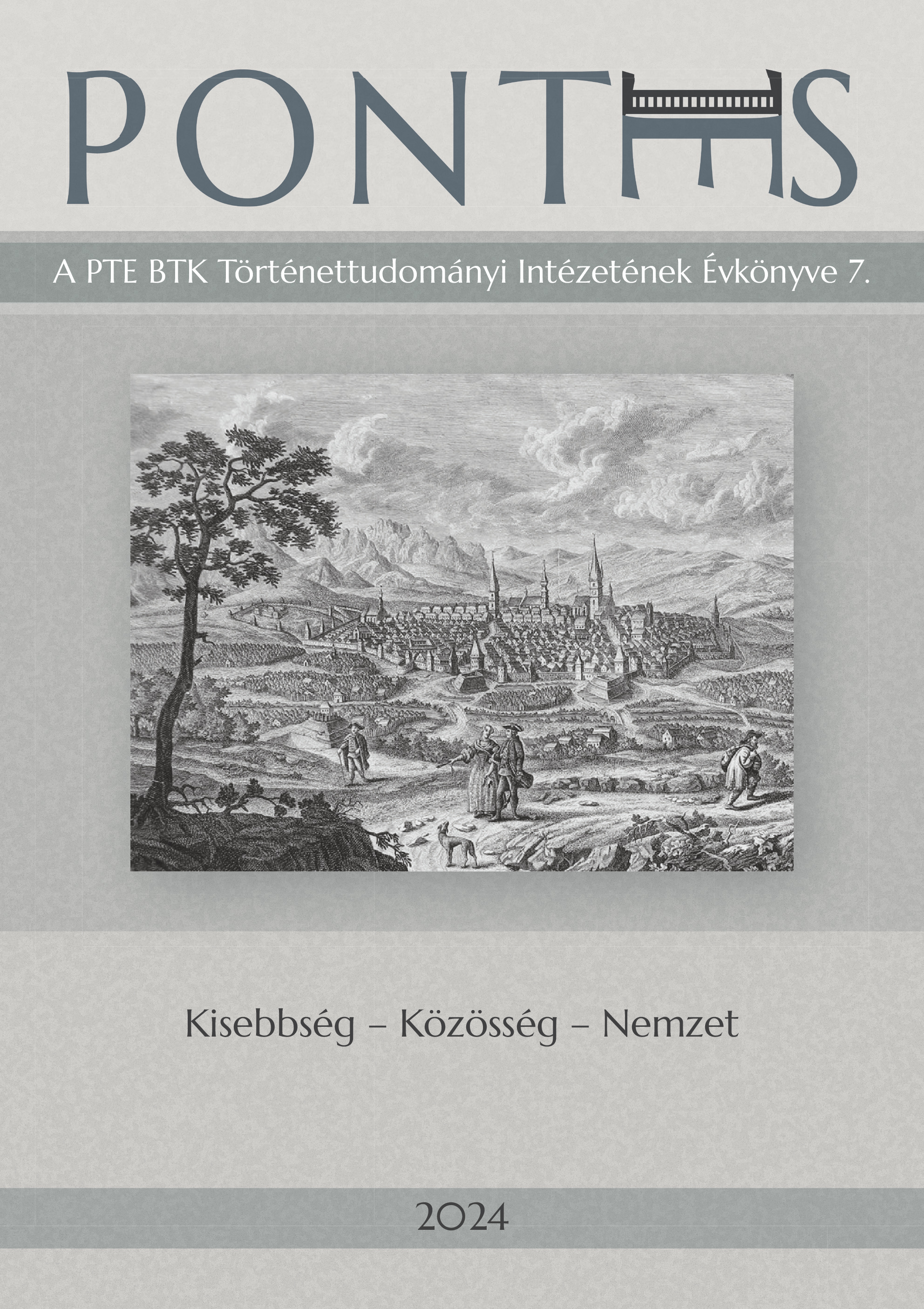Lukianos és a rómaiak
Identitásépítés a második szofisztika időszakában
DOI:
https://doi.org/10.15170/PONTES.2019.02.01.02Kulcsszavak:
Lukianos, identitásépítés, szofisztikaAbsztrakt
Lucian, the satirist of the 2nd century AD, was born in Samosata, Commagene on the very periphery of the Roman Empire. He studied rhetoric in Ionia, went on trips to Rome, Athens, Macedonia, Gaul, Egypt and built a career as an educated sophist and forensic orator in the period of the Second Sophistic. By the age of forty he had had enough of his previous life, abandoned rhetoric and began to write satirical essays and comic dialogues on different topics, combining the philosophical attitudes of his age with humour, wit and grim critique of society. In his works he constantly made amusing comments on his mixed and ambivalent Syrian-Greek identity and on his relationship with the Roman culture: he was the Syrian outsider, the great advocate of the Greek paideia, and the censor of the morality and ethos of the Roman authorities/society at the same time, i.e. he played an intellectual game with his marginal position, distinguished literacy and fame and reputation in the frame of the Roman Empire. In the present paper I attempt to show the relationship between the Roman Imperial identity and the utterances of Lucian, whose perspective allows a brilliant insight into the complexities of the identity-building of the 1–3rd century AD.

Downloads
Megjelent
Folyóirat szám
Rovat
License
Copyright (c) 2019 PONTES

This work is licensed under a Creative Commons Attribution-NonCommercial-NoDerivatives 4.0 International License.














